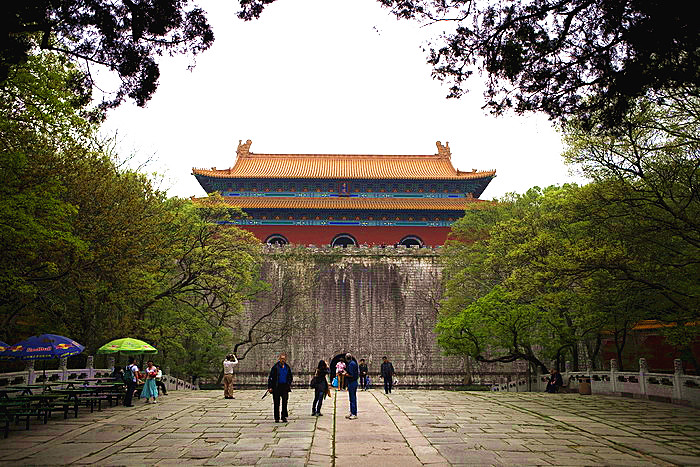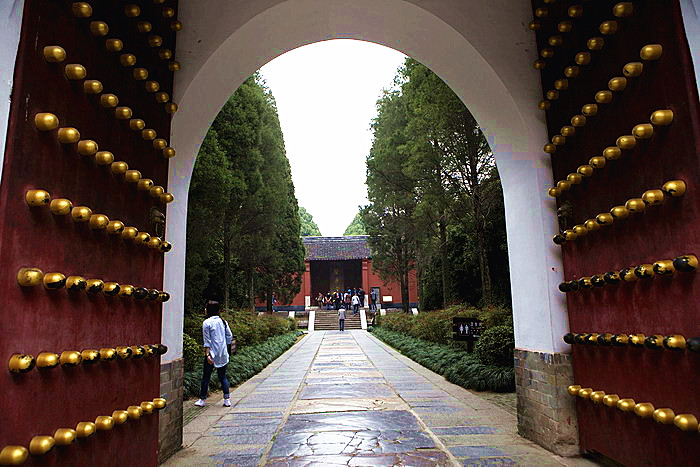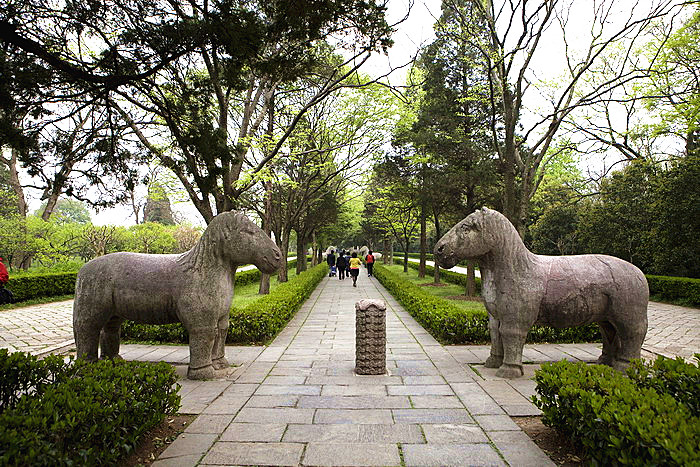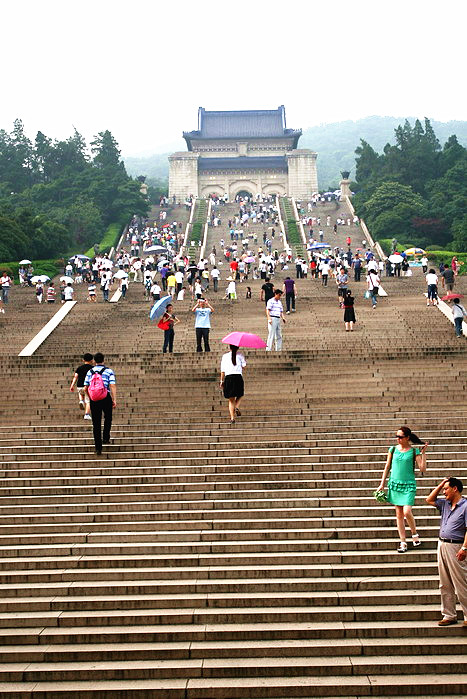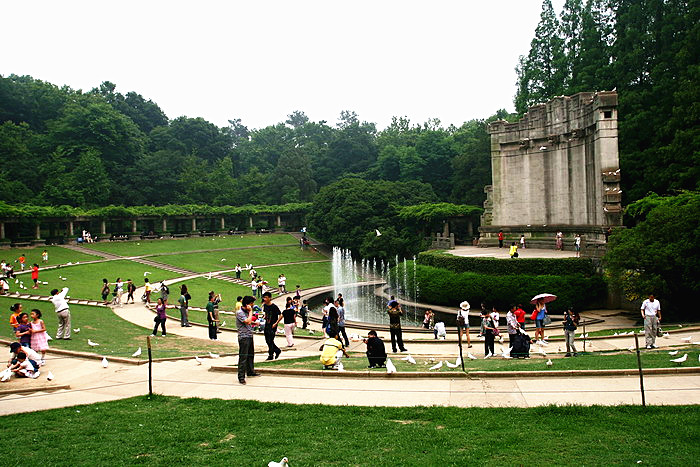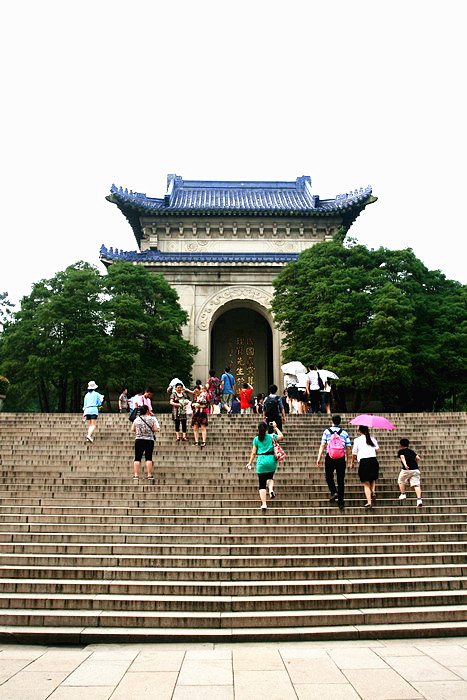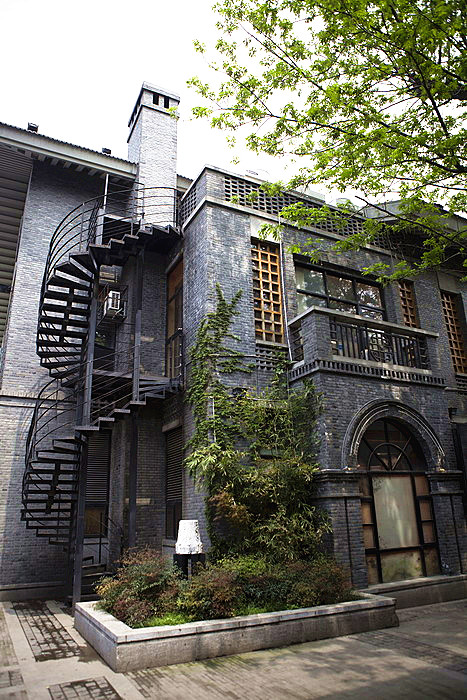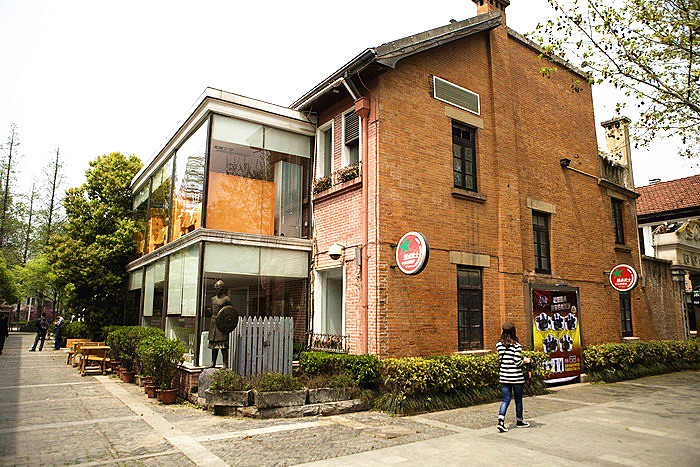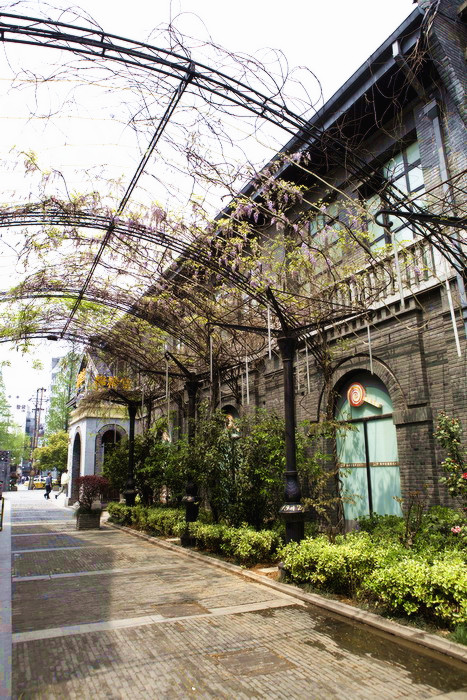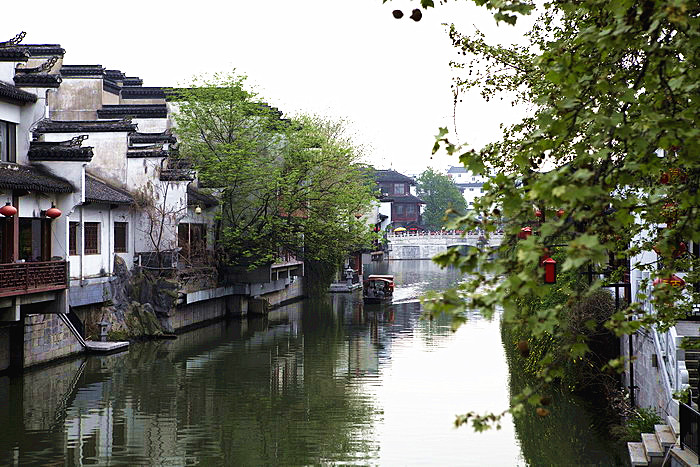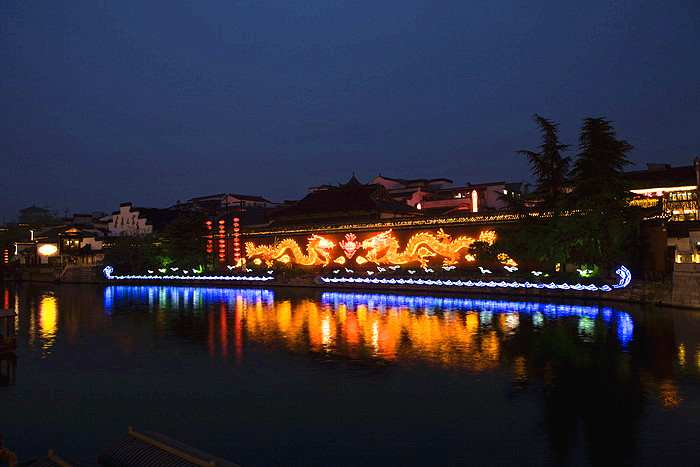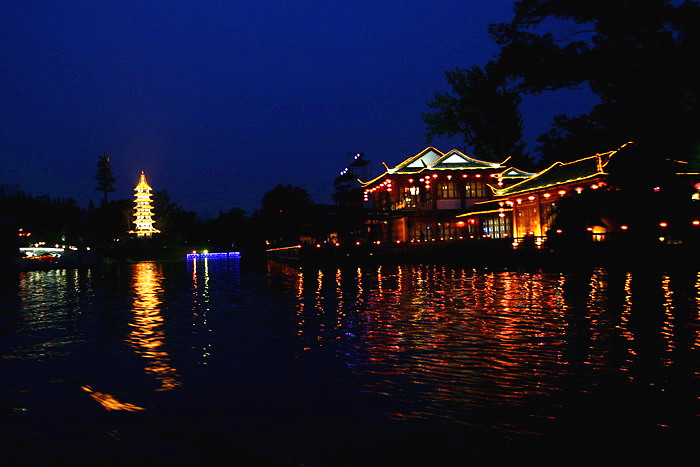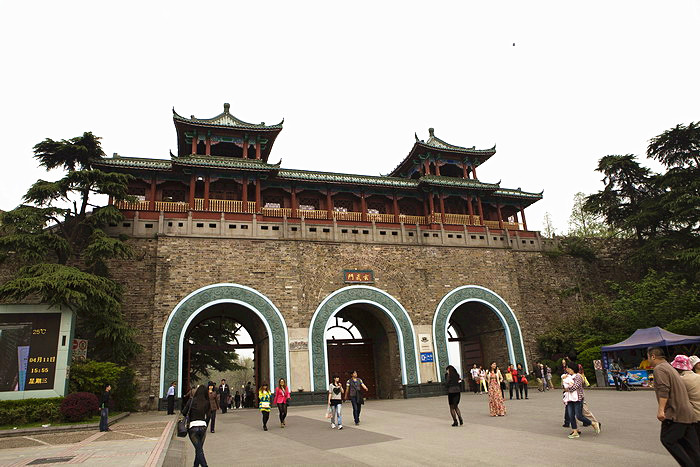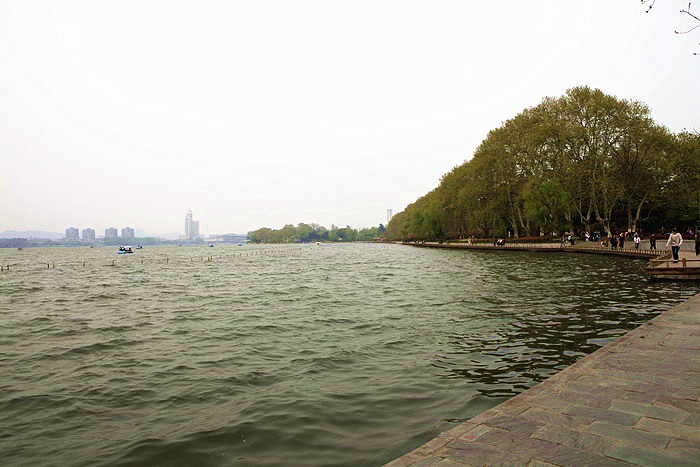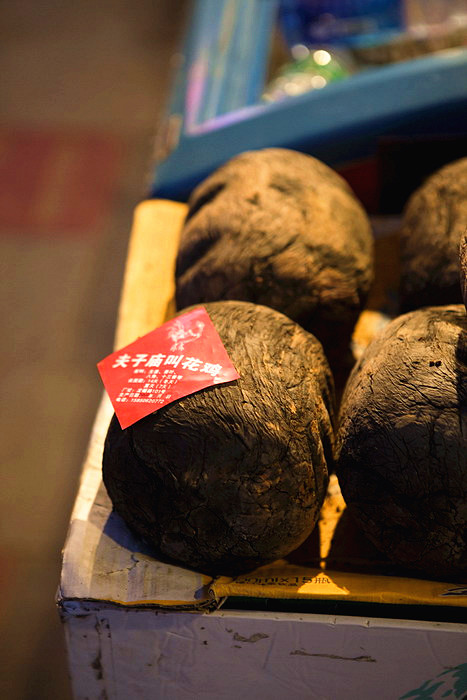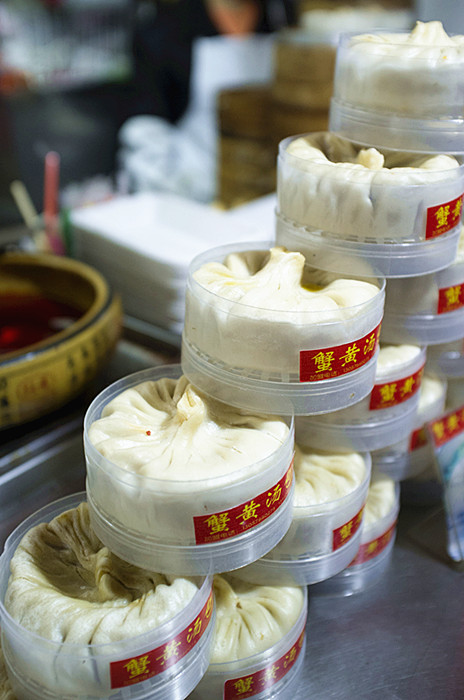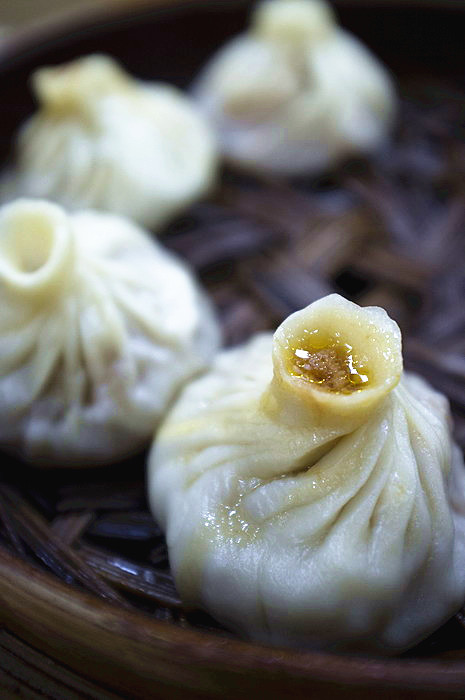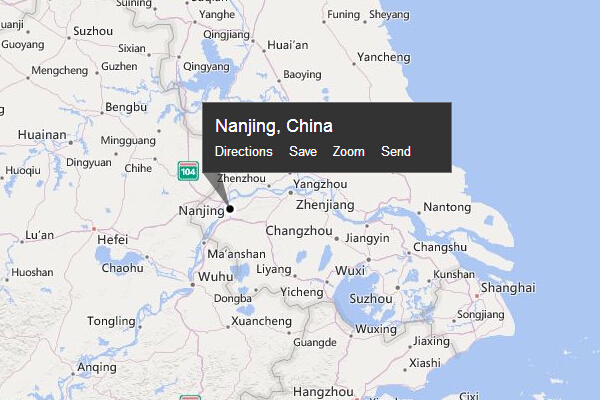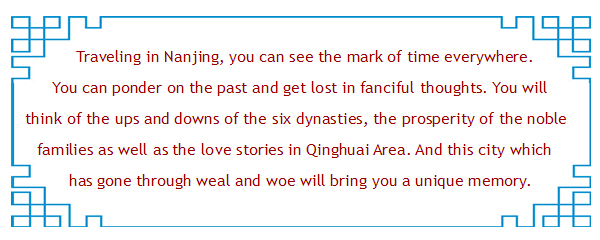 |

|
|
Nanjing, having been called Jinling in ancient times, is recognized as one of the Four Great Ancient Capitals of China, together with Beijing, Xi’an and Luoyang. Today, I would like to share some famous places of this city with you. I believe that you will love this city.
1. Ming Xiaoling Mausoleum Ming Xiaoling Mausoleum is the tomb of Empress Ma and the Hongwu Emperor, the founder of the Ming dynasty. It is named after the express posthumous title-Xiaoci. As the first of Ming tombs, the magnificent Ming Xiaoling Mausoleum represents the highest achievement of architecture and stone inscription, which influences the construction of emperor’s tombs in Ming and Qing dynasty for more than 500 years. Emperor’s tombs during that period in Beijing, Hubei, Liaoning, Hebei all follow the rules and mode of Ming Xiaoling Mausoleum in Nanjing. Therefore, it is reputed as ‘ the first royal tomb of Ming and Qing dynasty'.
2. Sun Yat-sen Mausoleum Sun Yat-sen's Mausoleum, situated in Zhongshan scenic area in Nanjing, is the tomb of Sun Yat-sen--the forerunner of Chinese democratic revolution. The architectural complex reclines on the mountain slope.The main architectures are on the axis, representing the style of Chinese traditional architecture. Seen from the air, the mausoleum looks like a bell of freedom on a green carpet.
3. Nanjing 1912 1912 is the first reign year of the Republic of China, so Nanjing 1912 reminds people of that period, which was the most prosperous time in Nanjing’s history. Nanjing 1912 is located at the junction of Changjiang Road and Taiping North Road, consisting of 17 buildings and 4 squares--Republicanism, Fraternity, New Century and the Pacific Ocean Square. The gray and red complex with a simple and exquisite style surrounds the office of president, symbolizing the culture during the reign of the Republic of China.
4. Qinghuai River The Qinhuai River is a river that runs through central Nanjing. It's also the birthplace of the age-old Nanjing culture. As such, it's called "Nanjing's mother river". It is the "life blood" of the city.
The inner river of the river once was the red-light district famous throughout the nation in the Ming and Qing dynasties. Painted boats with red lanterns once shuttled to and from, heavily made-up, gifted alms all became historical things. A busy colorful bazaar has gradually taken shape here. Now the flourishing riverside area can be compared to the Nanjing Road of Shanghai and some do call it the "Mini Nanjing Road".
5. Xuanwu Lake Xuanwu Lake, the biggest royal lake in China, locates in the center of Nanjing. As the only preserved royal garden in the south of Yangtze River, it is reputed as the pearl of Nanjing.
6. Special cuisine in Nanjing
Nanjing snack is famous throughout the whole country, ranking the first in China’s top four local snacks. You can always find those yummy snacks wherever you are. Dashiba Street and Hunan Road in Nanjing Confucius Temple is the most famous street for special local cuisine such as duck blood and bean-starchy vermicelli soup , braised pork ball and so on.
Photos and the city's description are provided free by our netizens. We thank them for their contributions. If you wouldlike to share your city, please contact us: blog@chinadaily.com.cn |
